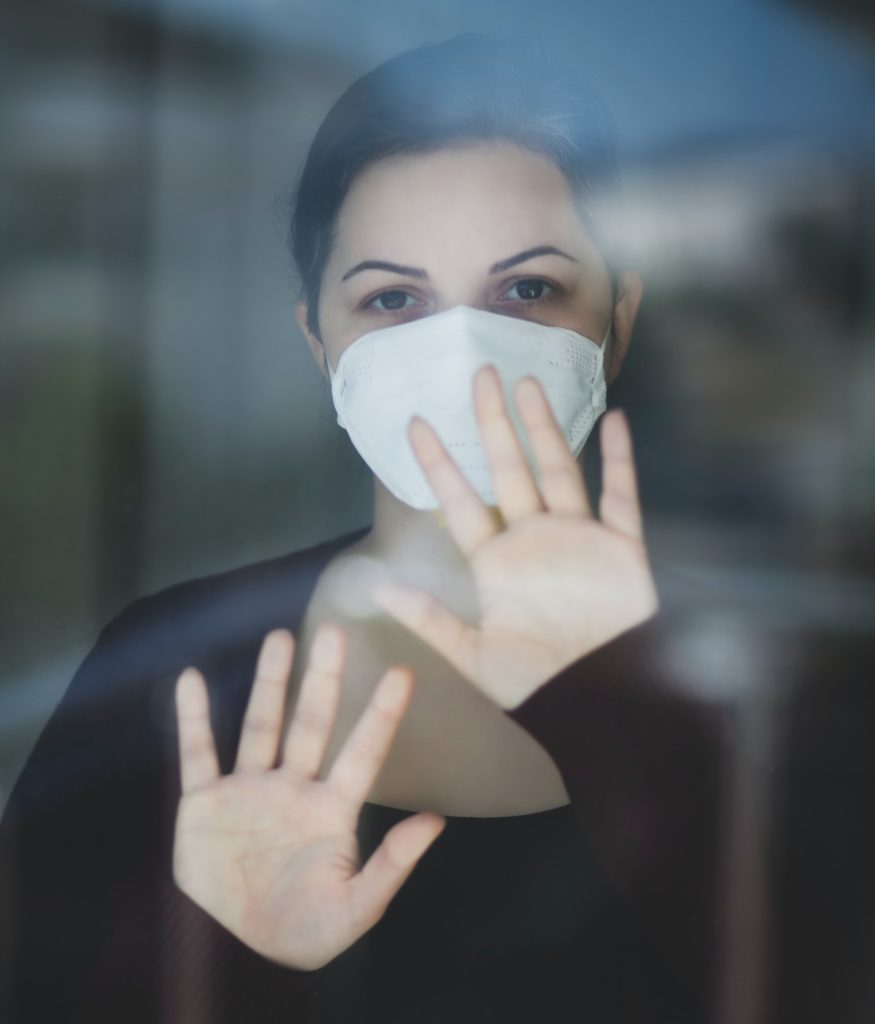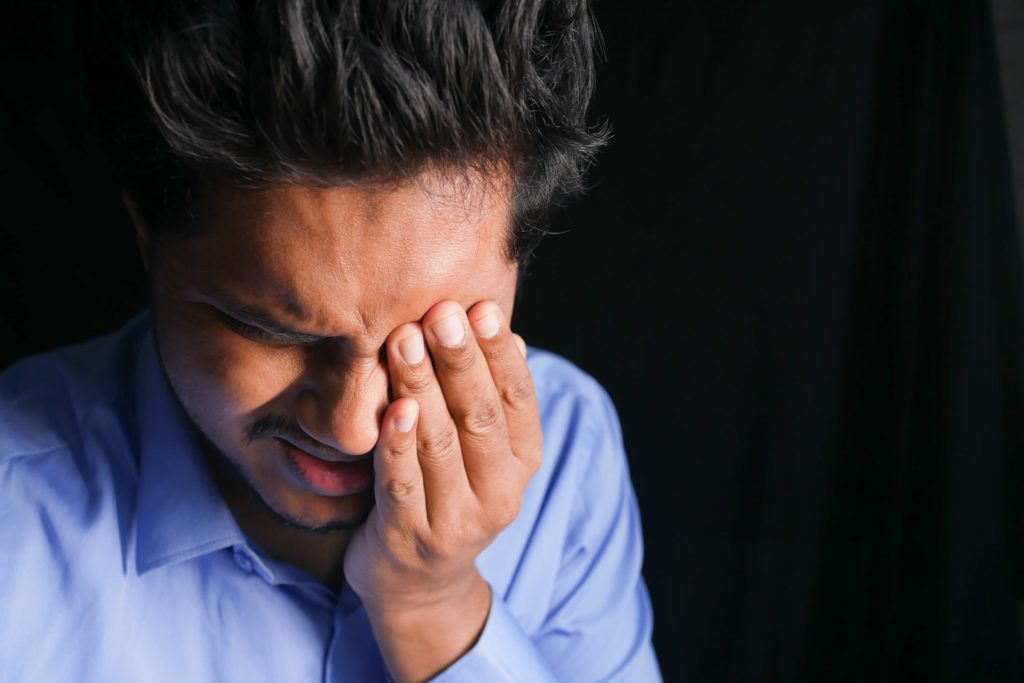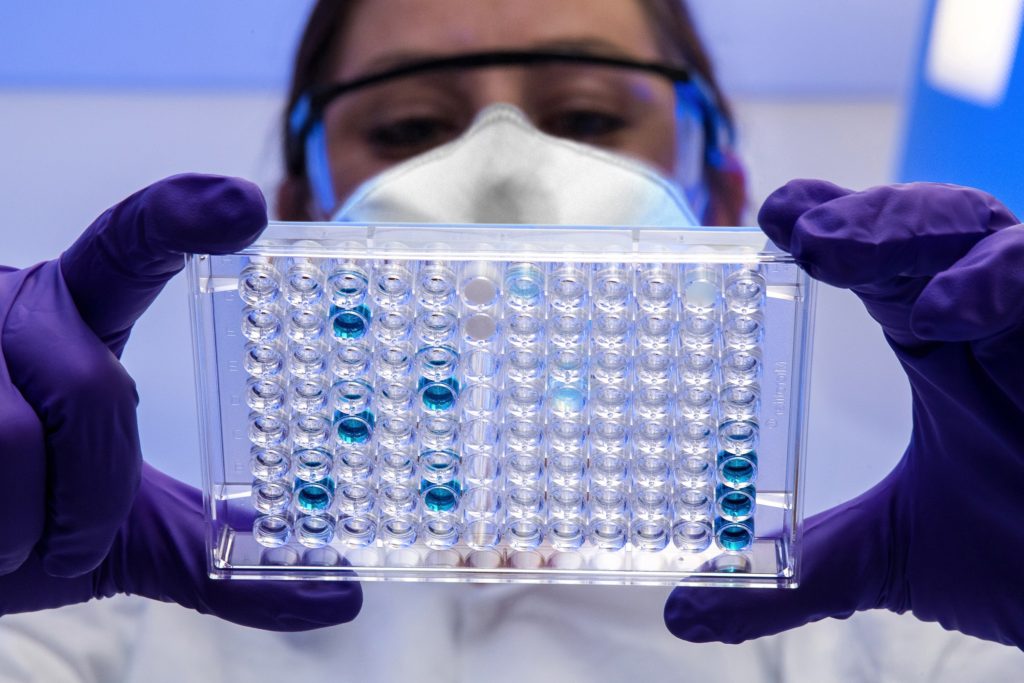Cover photo: Martin Sanchez on Unsplash
The Covid-19 global outbreak caused extensive damage not only to people’s health but also cracked our society and economy. Some countries crippled by the pandemic are currently reviving their economies since, for them, the crisis is over. But for millions, the pandemic is not. It’s still alive. We are referring to Long Covid. Recovering from Covid-19 requires patience and the right medicines as most Covid infections recede within four weeks. But for those diagnosed with Long Covid, the story is completely different.
Today’s Focus of Attention is reader-supported. We sometimes include products we think are useful for our readers. If you buy through links on this page, we may earn a small commission.
What is Long Covid?

Long Covid is described as health problems that linger more than a month after a Covid infection. In those special cases, no improvement is achieved over weeks, but months, and perhaps years. For those living with such a condition, even the simplest tasks are daunting and exhausting, no matter how easy they are. The pain and short of breath never wane.
According to experts, it could be linked to genetic factors. There are hundreds of thousands of genetic variations in the genomes and they vary from person to person, making it rather complex to analyse. Life is an endless quest for relief, treatment, and answers for those suffering from Long Covid.
Long Covid Symptoms
The torment of having Long Covid has made people restructure their careers since the affliction affects their performance even at the most basic level.
Dizziness, tiredness, and shortness of breath are the most common symptoms. Likewise, the patients find it difficult to focus on their activities, their concentration dwindles as not enough oxygen reaches the brain. And it could become a gradual deterioration. Some patients have indeed felt their hearts racing, with a few reaching 120 to 125 beats per minute while brushing their teeth. Chest pain, digestive problems, difficult sleeping, and excruciating pain in the joints are other frequent symptoms reported.

Diagnosing Long Covid

The upsetting part is that doctors cannot diagnose Long Covid through neither x-rays, brain scans, blood tests, nor physical exams. So, the scientific community urgently needs to establish a series of steps to diagnose the condition accurately and try to understand what happens in the body of a patient with Long Covid.
As published by the Centre for Disease Control and Prevention, CDC, over 40% of Americans have been infected with Covid-19 and as many as one in five have shown symptoms suggesting Long Covid. It is tens of millions only in the United States.
This is What Scientists Know about Long Covid
Five years have passed since the pandemic erupted and scientists are still working to understand Long Covid’s root cause.
Vaccines reduce the chance of serious infection, hospitalisation, mortality, but not a rule regarding Covid’s long-term effects. It is believed that the more severe the first encounter with Covid, the higher the risk of Long Covid. But according to a recent study published in the Journal of the American Medical Association, even mild Covid cases can have long-lasting effects on people’s health.

The research found that roughly 90% of those living with Long Covid started with mild symptoms. But the disturbing part is that women have twice the risk of men and children even have four times the risk for developing Long Covid. The association published their report after analysing data from 54 countries on over 1 million people. It seems that Omicron is not the culprit of Long Covid, but the most deadly variants, the ones that circulated at the beginning of the pandemic. Of course, more research is needed. It may take a while to comprehend the virus’s inner workings.
Theories
Several hypotheses go around regarding the causes of Long Covid.
- The patients have an ongoing viral replication in parts of their body where the pathogen is sheltering.
- Long-term damage from the initial infection in the heart, lungs, and blood vessels.
- The virus induces inflammation with small blood clots in the brain, leading to what is called ‘brain fog.’
- The pathogen triggers an auto-immune response where the immune system goes haywire and attacks the patient’s body. It also happens with infections such as Epstein-Barr and Lyme, which like Long Covid are hard to diagnose.
Each of these theories is valid, but nobody knows for certain which is the correct one. So far what doctors are doing is treating the symptoms, but it’s going to be tough to have a targeted therapy until scientists figure out how the virus functions.
Treatment for Long Covid

To feel just a little better, patients with Long Covid do physical therapy and receive medications to relieve their symptoms because there are no special drugs to treat this puzzling disease.
In the US, roughly 250,000 people withstood severe Covid. The majority of them are still going through some effect after two or three years. No remedies for them yet. What millions of patients fear the most is that as they get older the symptoms can worsen, leaving them with an eternal affliction or a premature death.
The present is hard, the worst, but patients have faith that they will bounce back if they continue with their physical and breathing exercises. Besides, pharmaceuticals are in the hunt for Long Covid treatments as there are millions of cases around the world and counting.
The Economic Cost of Long Covid
The financial shockwave left by Covid is profound. Till date, Long Covid has touched 23 million Americans and at least four million are out of work because of such a terrible condition. It is estimated that the monetary cost is approximately $3.7tn.
Worldwide, the lingering symptoms of the disease might impair as many as 140 million people, making it hard for emerging economies to recover from the pandemic. The pandemic is not over for the millions suffering the aftermath of the infection. The consequences of SARS-CoV-2, the causative agent of Covid-19, will be huge and lengthy. Researchers have just scratched the surface but will dig deeper.



